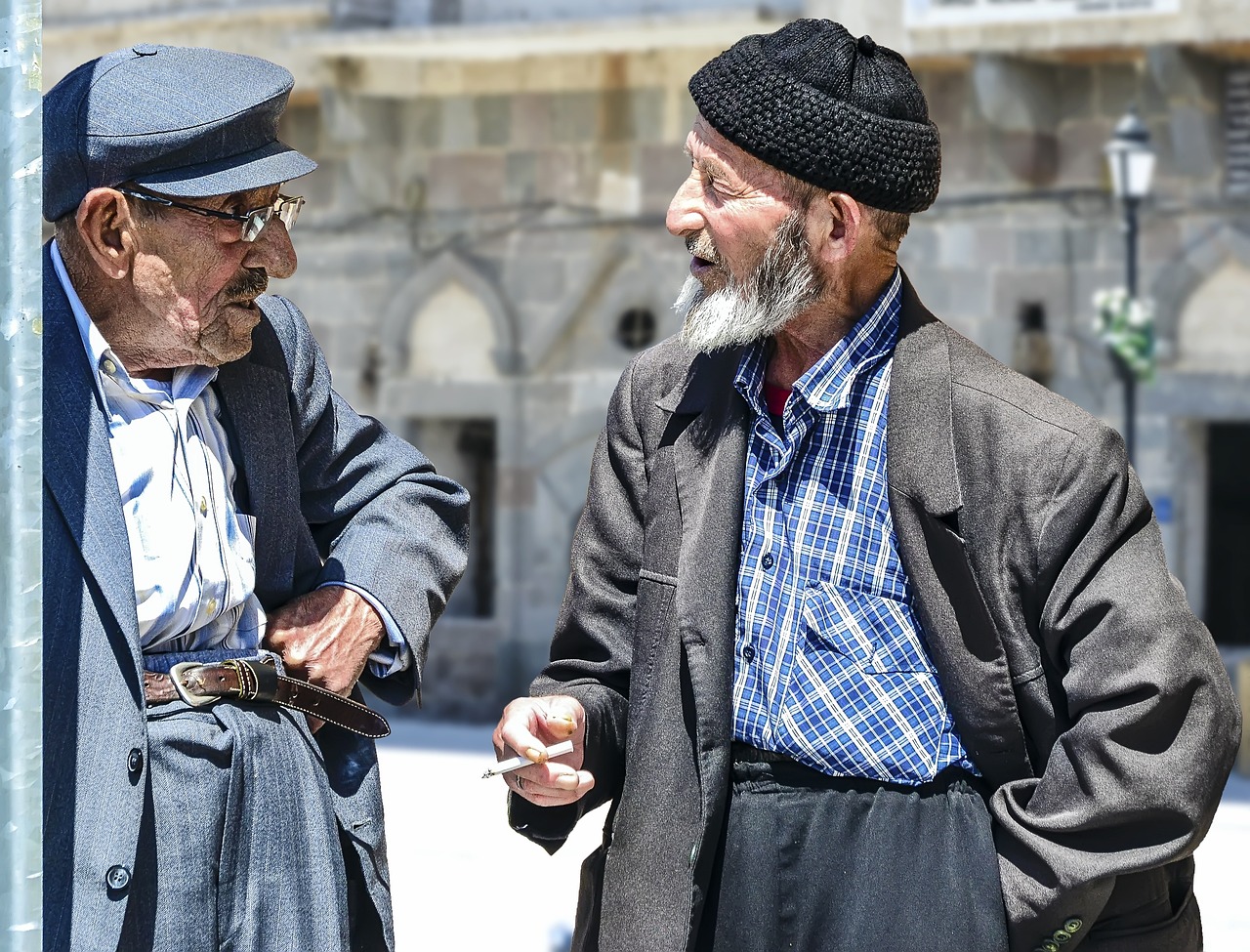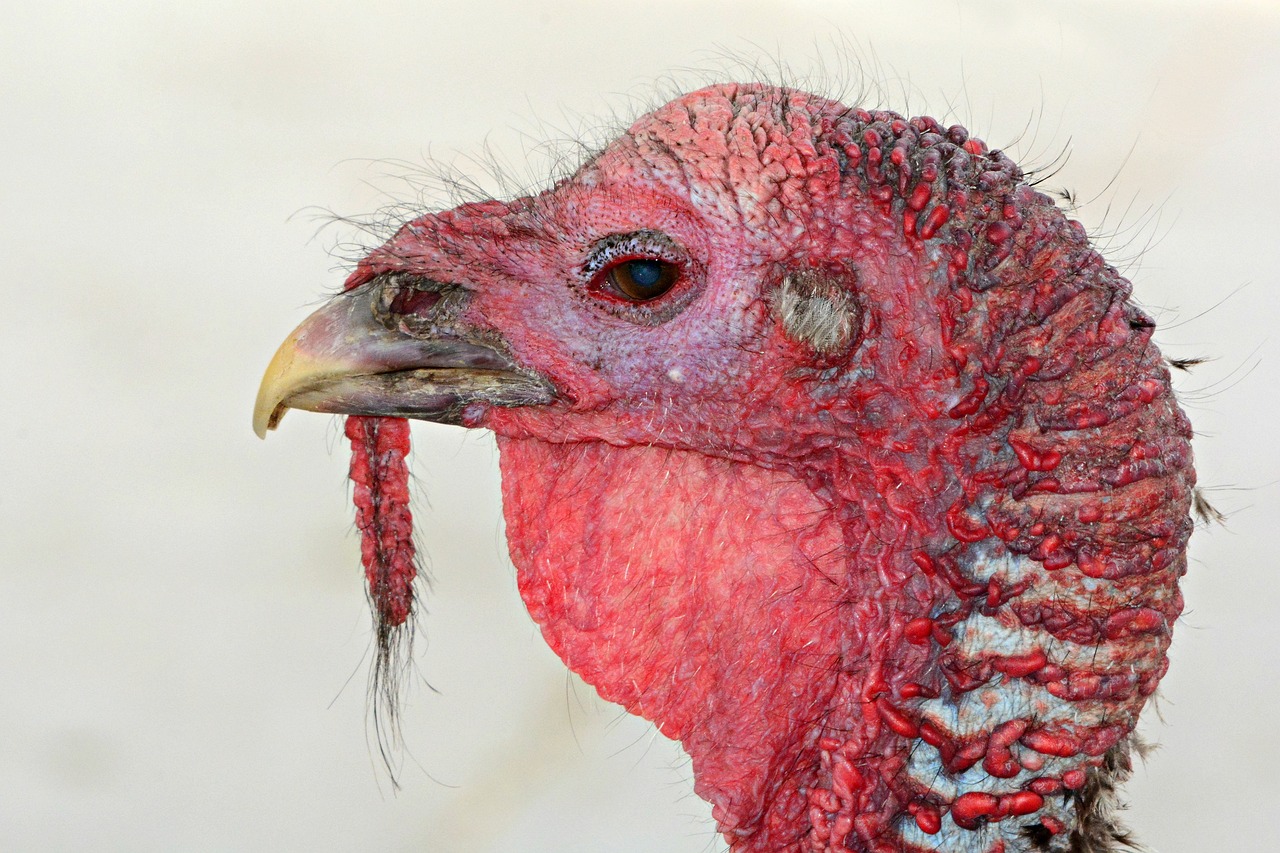Turkey Video
Cultural Sensitivities: Understanding Local Norms in Turkey
Turkey, located at the crossroads of Europe and Asia, is a country rich in history, culture, and traditions. As a visitor to this diverse nation, it is essential to understand and respect the local norms and cultural sensitivities. By familiarizing yourself with the customs and traditions of Turkey, you can ensure a more meaningful and enjoyable experience. This article aims to provide an in-depth understanding of various cultural aspects in Turkey.
Religion in Turkey
Turkey is a predominantly Muslim country, with Islam being the dominant religion. Understanding and respecting Islamic traditions is crucial when visiting Turkey. Mosques, such as the iconic Blue Mosque in Istanbul, are places of worship and should be treated with reverence. Visitors should dress modestly and remove their shoes before entering.
- Dress Code: When visiting religious sites or conservative areas, it is advisable to dress modestly. Women should cover their shoulders and avoid wearing revealing clothing. Men should also dress appropriately, avoiding shorts or sleeveless shirts.
- Prayer Times: Muslims in Turkey pray five times a day, and certain areas may have designated prayer times. It is important to be aware of these times and avoid interrupting or disturbing worshippers during prayer.
- Ramadan: Ramadan is a significant month in the Islamic calendar, during which Muslims fast from sunrise to sunset. It is important to be respectful and avoid eating, drinking, or smoking in public during this time.
Turkish Hospitality
Turkish people are known for their warm hospitality and welcoming nature. Understanding and appreciating their customs can help foster positive interactions and relationships during your visit to Turkey.
- Greetings: Traditional Turkish greetings involve a handshake and direct eye contact. It is customary to use formal titles such as “Mr.” or “Mrs.” when addressing someone, followed by their surname.
- Tea Culture: Tea, known as “çay,” is an integral part of Turkish culture. Offering and accepting tea is a common practice and a way to show hospitality. It is polite to accept a cup of tea when offered.
- Gift Giving: When invited to a Turkish home, it is customary to bring a small gift for the host. Flowers, chocolates, or a souvenir from your home country are thoughtful choices.
Turkish Cuisine
Turkish cuisine is renowned for its rich flavors and diverse dishes. Exploring the local food scene is a must when visiting Turkey. However, there are certain cultural norms to be aware of when dining in Turkey.
- Table Manners: Turkish meals often consist of multiple courses and are enjoyed at a leisurely pace. It is customary to wait for the host or eldest person to start eating before you begin.
- Bread: Bread holds a special place in Turkish cuisine. It is considered respectful to never waste bread and to handle it with care.
- Alcohol Consumption: While alcohol is available in Turkey, it is important to be mindful of local customs. Some areas may have more conservative views towards alcohol, so it is advisable to respect these traditions.
Gender Roles and Etiquette
Turkey has a diverse society with varying attitudes towards gender roles and etiquette. While urban areas may have more liberal views, rural areas and conservative communities often adhere to traditional gender roles.
- Dress Code: In more conservative areas, women may choose to dress more modestly, covering their heads or wearing long skirts. It is important to respect these choices and not impose Western ideals.
- Gender Interactions: Public displays of affection between couples, such as kissing or hugging, are generally not common in Turkey. It is advisable to be mindful of cultural norms and avoid behavior that may be seen as inappropriate.
- Gender Equality: While progress has been made in recent years, gender equality is an ongoing issue in Turkey. It is important to be aware of these challenges and show respect for local customs and traditions.
Language and Communication
The official language of Turkey is Turkish, and while English is spoken in tourist areas, it is beneficial to learn a few basic Turkish phrases to enhance your interactions with locals.
- Greetings: Learning basic greetings such as “Merhaba” (Hello) and “Teşekkür ederim” (Thank you) can go a long way in establishing rapport with locals.
- Hand Gestures: It is important to be aware of cultural differences in hand gestures. For example, pointing with the index finger is considered impolite in Turkey. Instead, use an open hand gesture or nod in the desired direction.
- Personal Space: Turkish people value personal space, and it is important to respect this. Avoid standing too close or touching someone without their consent.
Turkish Holidays and Festivals
Turkey celebrates a variety of holidays and festivals throughout the year, each with its unique traditions and customs.
- Eid al-Fitr: This festival marks the end of Ramadan and is a time for family gatherings and feasting. It is customary to exchange gifts and visit relatives during this holiday.
- Republic Day: Celebrated on October 29th, Republic Day commemorates the establishment of the Turkish Republic. Festivities include parades, fireworks, and cultural events.
- International Antalya Film Festival: Held annually in Antalya, this film festival showcases both Turkish and international films. It is a significant event for film enthusiasts and attracts visitors from around the world.
Turkey Image 1:

Traditional Turkish Arts and Crafts
Turkey has a rich tradition of arts and crafts, which reflect its diverse cultural heritage. Exploring these traditional art forms can provide a deeper understanding of Turkish culture.
- Calligraphy: Turkish calligraphy, known as “hat,” is a revered art form that combines intricate designs with Arabic script. It is often seen in mosques, manuscripts, and decorative pieces.
- Tile Work: Turkish ceramics, particularly Iznik tiles, are renowned for their vibrant colors and intricate patterns. They can be found adorning mosques, palaces, and historical buildings.
- Ebru Art: Ebru, also known as marbling, is a technique that involves creating colorful patterns on water and transferring them onto paper. It is a mesmerizing art form that has been practiced in Turkey for centuries.
Turkish Music and Dance
Music and dance play a significant role in Turkish culture, reflecting the country’s diverse influences and traditions.
- Turkish Folk Music: Traditional Turkish folk music varies across different regions of the country. Instruments such as the saz (a stringed instrument) and the darbuka (a goblet-shaped drum) are commonly used.
- Whirling Dervishes: The Mevlevi Order of Sufism is known for its mesmerizing whirling dervishes. This spiritual practice involves a form of dance that symbolizes spiritual ascent and union with the divine.
- Belly Dancing: Belly dancing, known as “Oryantal Dans” in Turkish, is a popular dance form in Turkey. It is often performed at weddings, celebrations, and cultural events.
Turkey Image 2:

Environmental Conservation in Turkey
Turkey is home to diverse landscapes, from stunning beaches to majestic mountains. It is important to be mindful of environmental conservation practices when visiting these natural wonders.
- Waste Management: Properly dispose of waste in designated bins and follow recycling guidelines. Avoid littering and help keep Turkey’s natural landscapes clean.
- Responsible Tourism: Choose eco-friendly tour operators and accommodations that prioritize sustainability. Respect wildlife and natural habitats by observing from a distance and not disturbing the ecosystem.
- Water Conservation: Turkey, like many other countries, faces water scarcity issues. Conserve water by taking shorter showers and turning off taps when not in use.
Traditional Turkish Attire
Turkish traditional attire reflects the country’s rich history and cultural diversity. While modern clothing is prevalent in urban areas, traditional clothing is still worn for special occasions and cultural events.
- Women’s Attire: Traditional women’s clothing includes the “kaftan” (a long, loose-fitting robe) and the “yashmak” (a veil covering the face). These garments are often adorned with intricate embroidery.
- Men’s Attire: Traditional men’s clothing includes the “fes” (a brimless hat) and the “caftan” (a long robe). These garments are typically made from luxurious fabrics and feature ornate designs.
- Regional Variations: Different regions in Turkey have their own distinct traditional clothing styles. For example, the “şalvar” (baggy trousers) and “cepken” (sleeveless jacket) are popular in the Black Sea region.
Turkey Image 3:

Conclusion
Understanding and respecting cultural sensitivities is key to a positive and enriching experience while visiting Turkey. By familiarizing yourself with the local norms, traditions, and customs, you can ensure a more meaningful connection with the people and their culture. From religious practices to traditional arts, Turkish cuisine to environmental conservation, each aspect contributes to the vibrant tapestry of Turkish culture. Embrace the diversity, be open-minded, and enjoy the warmth and hospitality that Turkey has to offer.
References
- goturkey.com
- istanbul.com
- turkishculture.org
- whc.unesco.org
- antalyafilmfestivali.gov.tr


